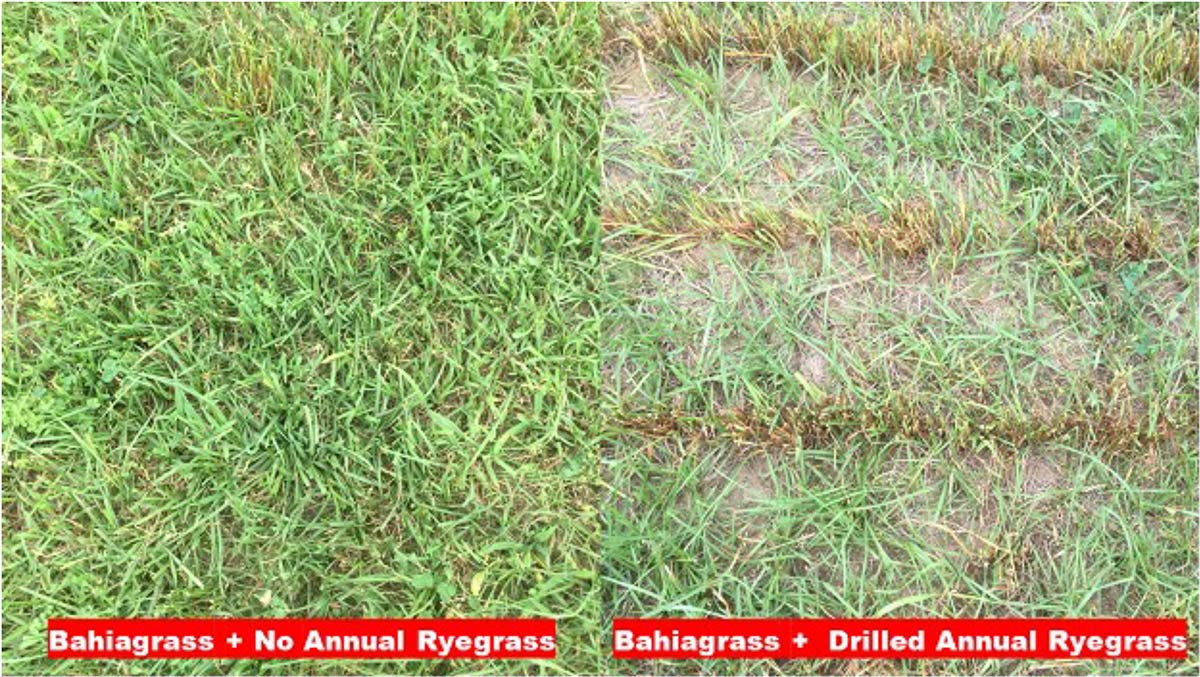I have been overseeding my coastal bermuda pastures with annual rye grass as winter forage for my horses. They do get fatter than I would like, and so far no laminitis has happened. But I do get concerned about that risk.
I have 4 pasture areas, each is roughly 0.8 acres. All are connected and the gates are left open so the two horses roam freely across all 3-plus acres and are turned out 24-7-365. This year I am considering two options.
First is to overseed just two of the pastures. The horses could spend most of their turnout time grazing whatever is available on the dormant pastures, and have controlled access to the rye grass pastures only for a few hours every day. The other option is to not overseed rye grass at all. Thoughts, opinions, and advice, please.
Honestly the overseeding started because folks in my equestrian community do it, and I think primarily for esthetic purposes. The two pastures I would oeverseed are the ones fronting the street to keep up appearances for the HOA.

